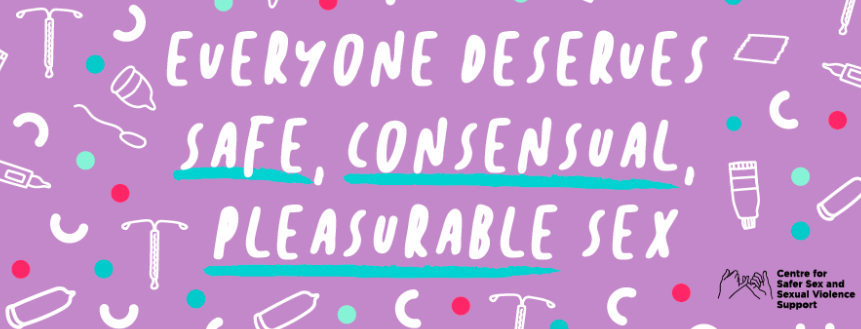The organization’s goal is to create a safe space for survivors of sexual violence

Since January of last year, Ryerson security has reported four incidences of sexual assault on campus. This number does not take into account cases that are not reported to security or cases that are not publicly posted by security. It is hard to find campus-specific sexual violence statistics in Canada due to the way reports are categorized. They are slotted narrowly, boiled down to the exact location: a bar, an apartment, or an alleyway.
Nevertheless, an Ontario government survey of over 116,000 university students found that 63 per cent had experienced sexual violence at some point during their studies. This is an experience that many will carry within them forever. It is harrowing and disturbing, yet common.
Ryerson’s main line of defense against sexual violence and rape culture is the Centre for Safer Sex and Sexual Violence Support (C3SVS). While Ryerson security is available for the purpose of disclosing incidents of sexual violence on campus, C3SVS functions as a care-mongering initiative. Run by survivors of sexual violence and students, their intention is to cultivate a safe space where consent culture can thrive.
“The goal is knowledge-sharing, support, empowerment and educational opportunities to prevent and respond to sexual and gender-based violence,” said Sydney Bothwell, C3SVS’s co-ordinator.
“We work alongside survivors to create individualized safety plans and navigate referrals to both on and off-campus resources.”
A part of this initiative is the Sexual Assault Survivor Support Line (SASSL), an all-gender, peer-to-peer phone line for sexual violence survivors, operated by C3SVS. The phone line is open Monday to Friday from 10 a.m. to 6 p.m. If the line is busy, calls are redirected to the Toronto Rape Crisis Centre. SASSL provides “open access, confidential, peer-to-peer support and referrals to survivors,” said Bothwell.
C3SVS also administers safer sex and menstrual supplies to students. Their reimbursement service allows students to bring in receipts for Plan B, Midol, Tylenol or Advil, and the centre will cover the full cost. Bothwell said she did not have an exact number of students who access this service, but they have seen an increase in students utilizing the service since the start of the COVID-19 pandemic.
While the pandemic may have shut down their physical office, C3SVS continues to run most of their programming virtually, including their community support groups. Bothwell says these groups serve as a community-based safer space for survivors of sexual violence and for those who know someone who have experienced sexual violence.
“The goal is to create a campus climate where consent culture can thrive,” said Bothwell. “And hopefully, where rape culture is dispelled.”
